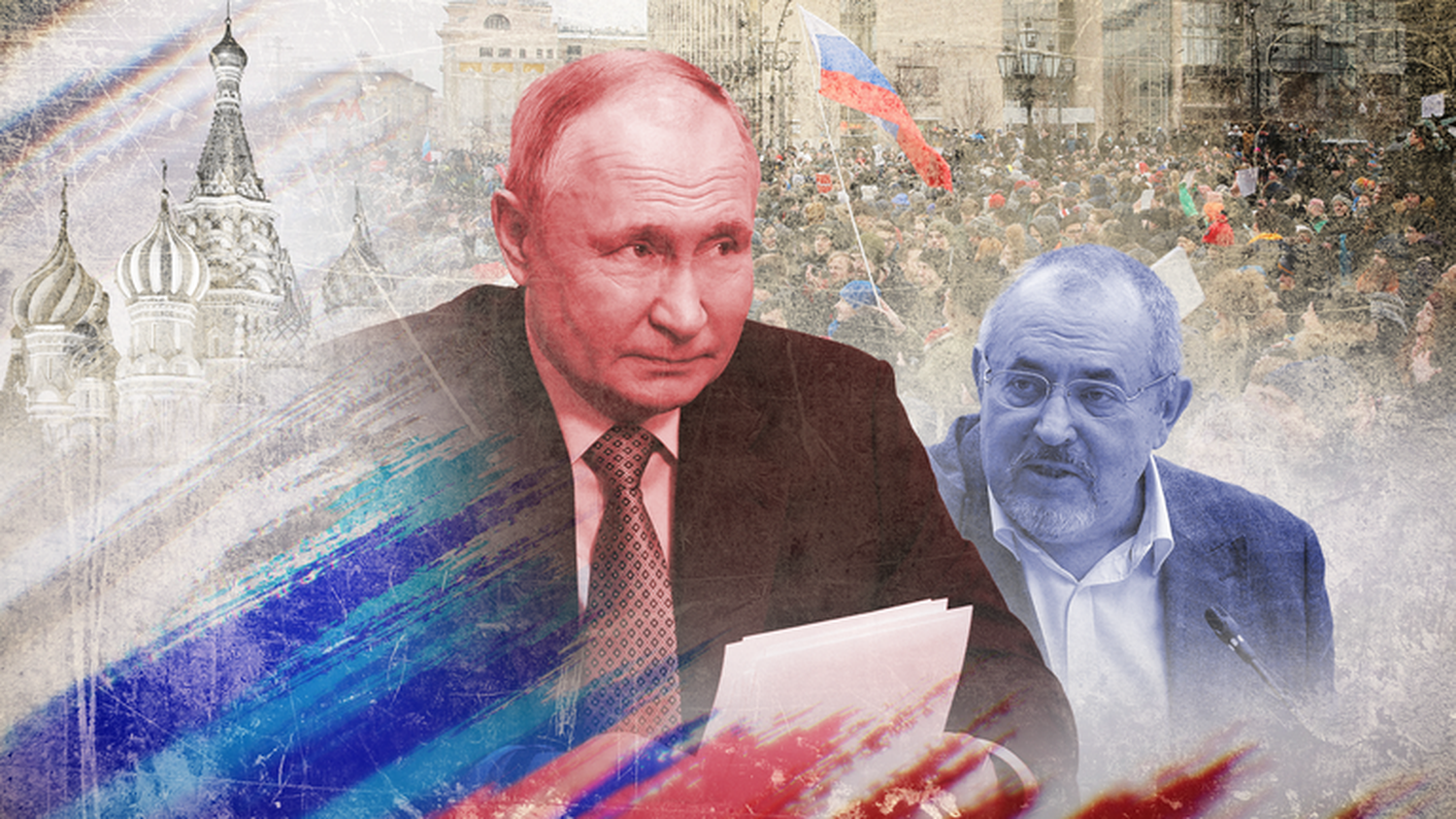Elections Russia
Putin Secures a Fifth Term on Russia Presidential Elections 2024
In the 2024 Russian presidential elections, Vladimir Putin has secured a fifth term, extending his rule until at least 2030, and potentially until 2036, marking him as Russia's longest-serving leader since Soviet dictator Joseph Stalin. The elections, which took place from March 15 to March 17, have been characterized by a lack of genuine competition, a crackdown on dissent, and allegations of electoral manipulation, casting a shadow over the legitimacy of the process.
Putin's Victory: A Foregone Conclusion
Putin's victory was widely anticipated, with the Kremlin having effectively eliminated any significant opposition through a combination of legal restrictions, imprisonment, and exile of potential rivals. The most notable opposition figure, Alexei Navalny, died under mysterious circumstances in prison a month before the vote, further diminishing the prospects for a competitive election.
The election featured three other candidates, all from parties generally supportive of the Kremlin's policies, posing no real challenge to Putin. These included Leonid Slutsky of the Liberal Democratic Party (LDPR), Nikolai Kharitonov of the Communist Party, and Vladislav Davankov of the New People party. Their participation was seen more as a formality to maintain the veneer of a democratic process rather than a genuine electoral contest.
Controversies and Criticisms
The 2024 elections have been marred by numerous controversies, including the barring of anti-war candidates Boris Nadezhdin and Yekaterina Duntsova from the ballot over alleged paperwork errors, effectively removing any voices critical of the war in Ukraine from the electoral process. Independent vote monitors have labeled these elections as the "most secret" ever, with significant limitations on independent monitoring and reporting.
International observers and critics have pointed to the elections as evidence of Russia's slide into authoritarianism under Putin. The crackdown on dissent has reached unprecedented levels, with new laws criminalizing any public criticism of the war in Ukraine and leading to a significant increase in arrests and long prison terms for even minor critics.
The War in Ukraine and Its Impact
The backdrop of the war in Ukraine has played a significant role in the elections, with Putin framing the conflict as a battle for Russia's survival against Western aggression. This narrative, heavily promoted through state-controlled media, has helped to rally support among the Russian populace, despite the war's heavy toll in lives and international isolation.
Putin's campaign focused on national security and the promise of victory in Ukraine, appealing to patriotic sentiments and the desire for stability. However, the war's continuation and the increasing visibility of its costs have begun to pierce the apathy that has characterized much of the Russian public's attitude towards politics.
Looking Ahead
With Putin's victory, Russia is set to continue on its current trajectory, with little indication of a shift in domestic policies or the approach to the war in Ukraine. The Kremlin is expected to further tighten its grip on power, continuing the crackdown on dissent and opposition while promoting a narrative of unity and strength in the face of external threats.
Internationally, Putin's reelection is likely to exacerbate tensions with the West, as countries condemn the lack of free and fair elections and the ongoing aggression in Ukraine. The results of the 2024 elections underscore the challenges facing Russia's political system and the diminishing prospects for democratic governance under Putin's extended rule.

